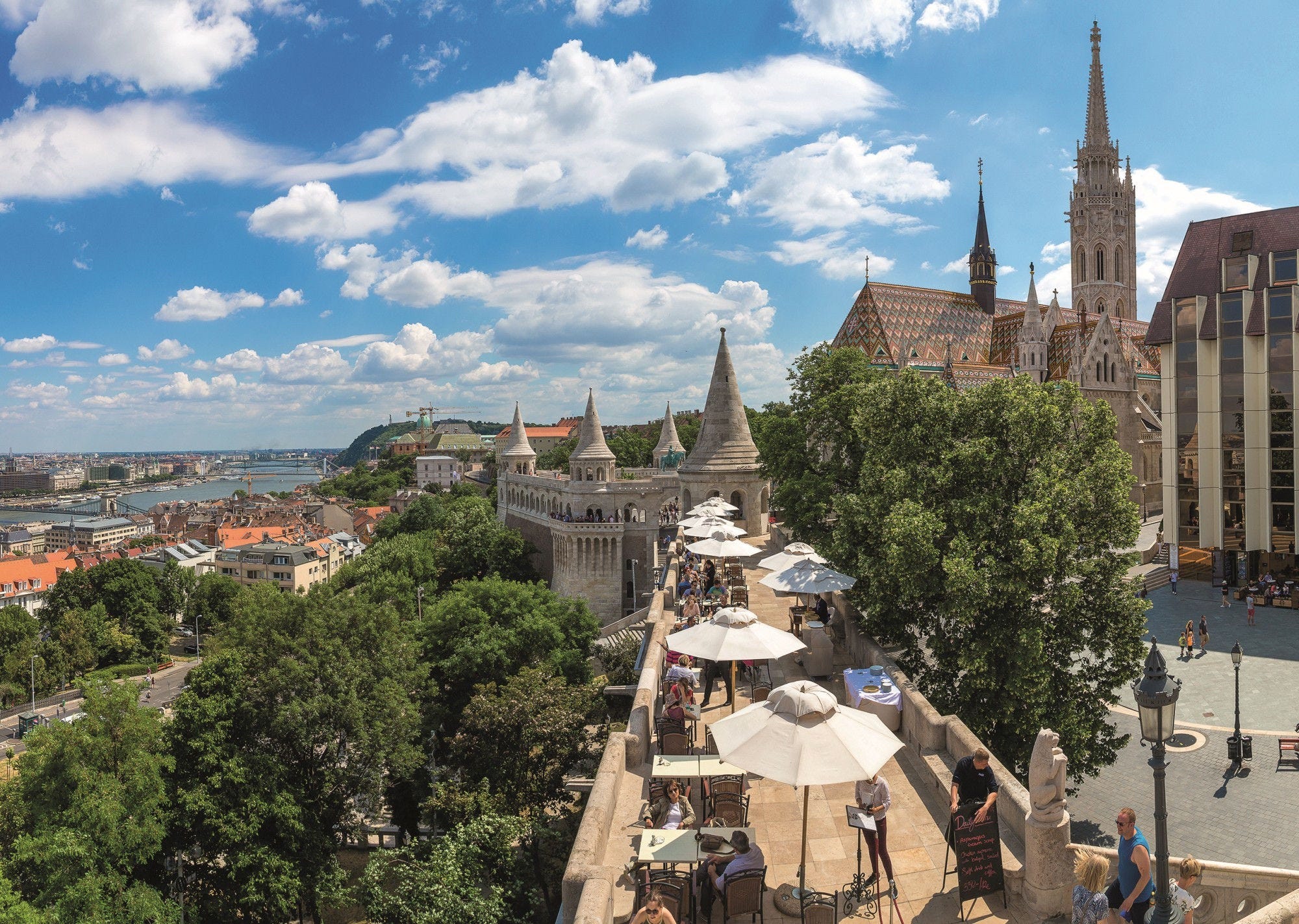Inflation is receding and growth has restarted in mid-2023. Fiscal policy should consolidate to curb inflation further and recreate fiscal space.
Economic activity declined amid high inflation. After a strong demand-based recovery following the COVID-19 pandemic, economic activity declined from mid-2022 until mid-2023, with high inflation eroding households’ purchasing power, and high interest rates, uncertainty and low confidence dragging down investment. Despite the contraction in output, the labour market has held up strong, with unemployment rising only marginally and a high number of vacancies.
Inflation rose to the highest level in the European Union (EU) before peaking in early 2023. It was initially due to international factors such as supply-chain bottlenecks following the pandemic, the overheating of the economy, and was then amplified by the surge in global energy and food prices following the outbreak of the war in Ukraine. Domestic agricultural prices also contributed to the exceptionally high food price inflation (Figure 1).




